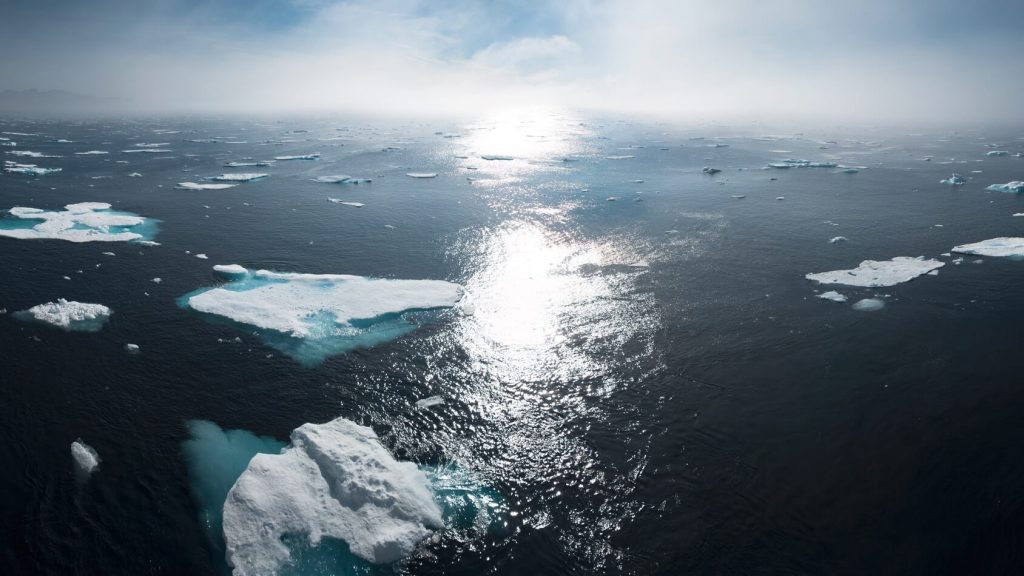On Thursday, new information about the state of the Earth’s climate was leaked. According to a draft UN report that was obtained by news agency Reuters, global warming growth is set to exceed 1.5 degrees Celsius (2.7° Fahrenheit). According to The Guardian, the “report warns of urgent need to cut global warming.” Reducing the world’s consumption of meat and dairy, improving agricultural practices, and reducing deforestation rates have been proposed as solutions to combat the rising temperatures in order to avoid dire environmental, social, and economic consequences.
The report, which was crafted to advise countries on the actions necessary to curb climate change, was not due to be published until October. An earlier draft was available in January but since then, more scientific literature and 25,000 comments from experts have been added.
“If emissions continue at their present rate, human-induced warming will exceed 1.5°C by around 2040,” the report stated.

Climate scientist and Climate Analytics director Bill Hare told The Guardian that impacts of climate change increase dramatically at temperatures above 1.5°C. Hare highlighted that “there are big differences between 1.5 and 2 degrees warming in both natural and human systems.” He continued, “Two degrees warming and the tropical reefs have basically no chance – 1.5 degrees, they have a small to modest chance of survival.”
“There’s a range of commentary that comes out of the report that provides a stronger narrative for us to act than ever before.” Further, if current emission patterns continued there would be “no chance of limiting global temperature rises even to 3C,” The Guardian wrote.
The temperature rise would also impact economic growth and would most severely affect the poorest countries.
Government bodies have made some efforts toward the cause, such as the Paris Agreement introduced in 2015 which saw almost 200 countries committing to the improved management of climate change. However, the report said current government promises are inadequate to combat the rise.

Jennifer Morgan, the executive director of Greenpeace International, told The Guardian that leaders must take action. “That means saying no to fossil fuels and standing up for forest and ocean protection with decisions that prove they understand the urgency. It means cutting down on meat and dairy consumption, and changing the way we produce our food,” she stated.
The current food system has a significant detrimental impact on the planet. Animal agriculture, in particular, is responsible for more greenhouse gas emissions than all of the world’s transportation combined. Animal agriculture is also a primary cause of water loss, deforestation, and land use. And it’s the leading cause of species extinction, ocean dead zones, water pollution, and habitat destruction.
A recent study looked at the food system and its influence on the environment and confirmed the harmful nature of meat and dairy production. “Really it is animal products that are responsible for so much of this,” said Joseph Poore from the University of Oxford, who led the research. He added, “A vegan diet is probably the single biggest way to reduce your impact on planet Earth, not just greenhouse gases, but global acidification, eutrophication, land use and water use.”


